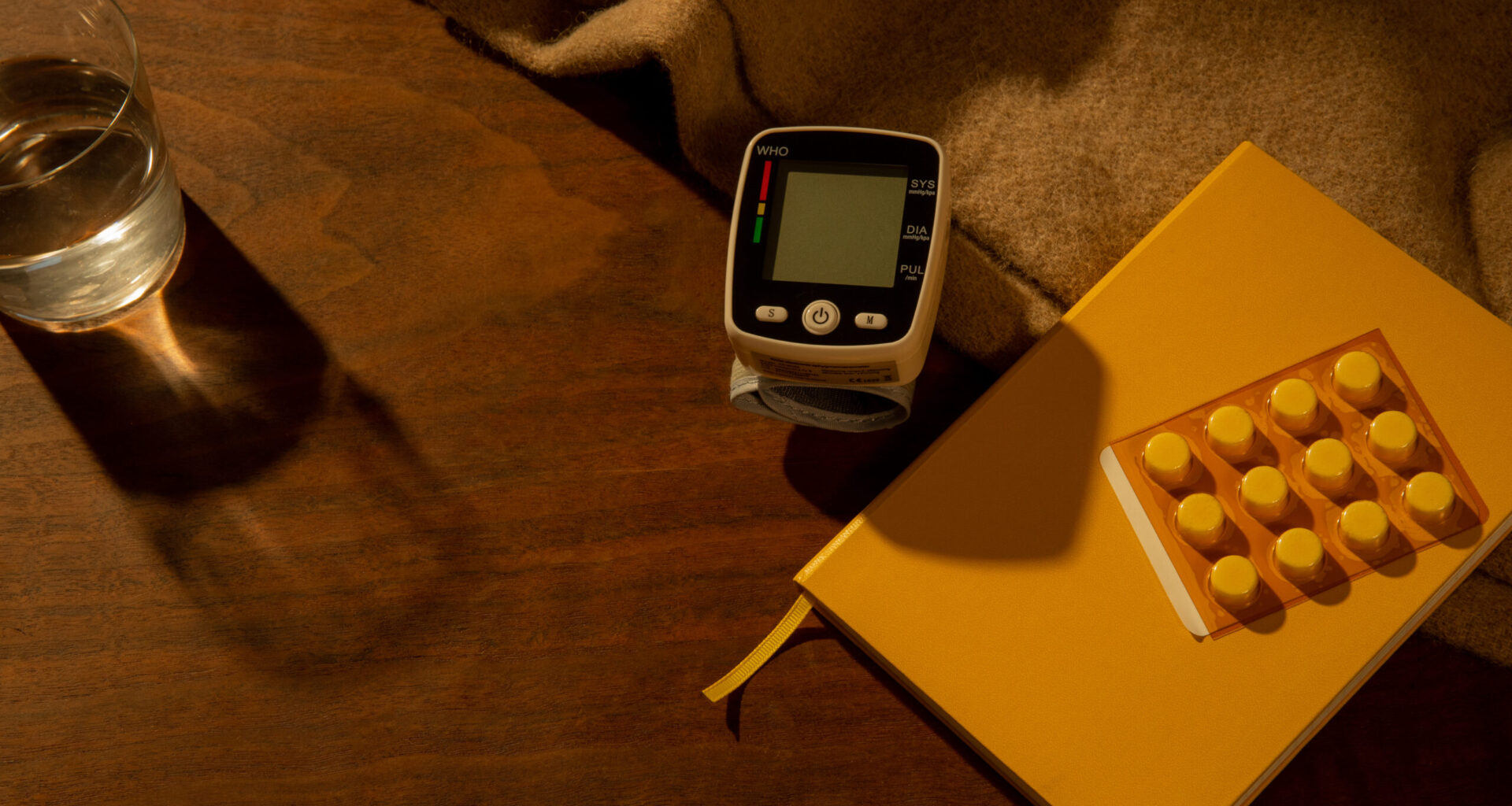At-home ketamine therapy provider Mindbloom has been hit with a wrongful death lawsuit for allegedly failing to properly screen a patient who had a documented history that would have rendered him an unsuitable candidate for treatment.
Behavioral Health Business reached out to Mindbloom for comment, but did not receive a response in time for publication.
Court documents state that prior to his fatal ketamine overdose, 27-year-old Phillip Ward had a history of hypertension, tachycardia and a substance use disorder (SUD), which “should have immediately disqualified him from unsupervised, at-home anesthetic use,” however, Mindbloom “proceeded with his onboarding,” anyway.
Early on, a Mindbloom clinician flagged that Ward would need a therapist before approval and requested that he submit a letter documenting that his Spravato treatment had ended with a separate provider, but those components were reportedly never confirmed.
Shortly after, Ward was approved and sent ketamine troches for oral dosing, yet missed several scheduled consultations with his assigned Mindbloom clinicians. His patient account had also been flagged for missed subscription payments, “further indicating a pattern of disengagement and life instability that should have triggered a clinical review,” according to court documents.
Ward missed another mandatory patient appointment eleven days before his overdose and was charged a $150 no-show fee, but the company did not discontinue access to the medication.
His official cause of death on Oct. 29, 2023, was determined to be ketamine toxicity in the setting of hypertension.
With its introductory package for patients, Mindbloom does include a blood pressure cuff as a safety measure; however, clinicians reportedly did not require Ward to submit blood pressure readings. The blood pressure cuff was found unused in its original packaging following his death.
“The standard of care for administering ketamine, even in its oral form, requires a robust plan to monitor for signs of sedation and dissociation and a ‘rescue plan’ that may include the same emergency protocols as for IV ketamine,” court documents state, adding that the company’s “at-home model lacked any meaningful, real-time monitoring.”
Many ketamine clinics have fumbled or closed throughout the last several years, but Mindbloom has repeatedly raised growth capital. The venture-backed provider has raised $44.9 million to date, according to PitchBook.
Ward’s father, John Ward, is the plaintiff in the case, acting on behalf of his son’s estate. He is seeking compensatory damages, wrongful death and survival damages, punitive damages and the recovery of expenses incurred while prosecuting the case.
Ketamine clinics have struggled to attract traditional private equity funding. Cases such as this could set back the industry’s quest for legitimacy.

